‘They Say It’s a Death Sentence’: What I Wish People Knew About Living with HIV
Gautam Yadav, who was diagnosed with HIV in 2009, has been working to fight the stigma and myths associated with the illness for 15 years. He narrates his life as a PLHIV, and what he wishes people knew about the disease.
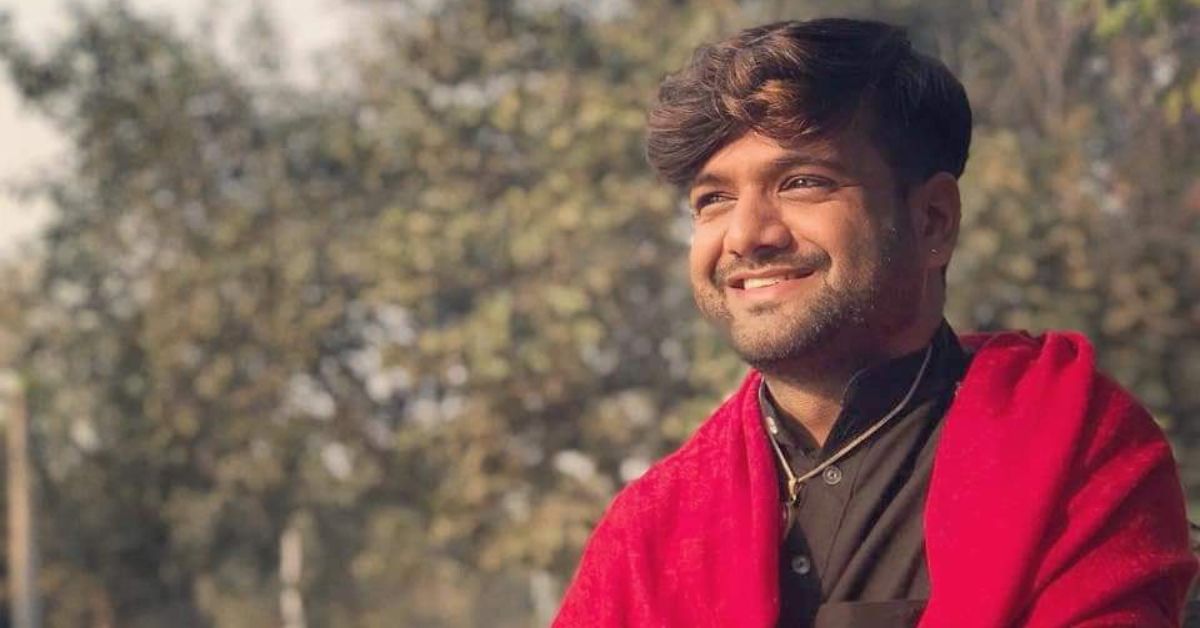
Trigger warning: Homophobia, bullying
“One of the myths associated with HIV is that it is a death sentence. [But] it’s only a death sentence for those who are not aware of the disease and the treatment. HIV is not the end of life,” notes Gautam Yadav in conversation with The Better India.
Gautam, a resident of Delhi, has been living with HIV since the age of 18. Since his diagnosis, he has dedicated his life to spreading awareness of the disease and shattering the myths surrounding it.
“I always wanted to be an actor, and was taking singing and theatre classes. When I was diagnosed, I was just 18, and I thought I’d, too, die soon,” he recalls.
“[But] I realised that there must be other Gautams, who are very young and might not be aware of HIV/AIDS and sexuality. That is when I decided to dedicate my life to assisting persons with HIV.”
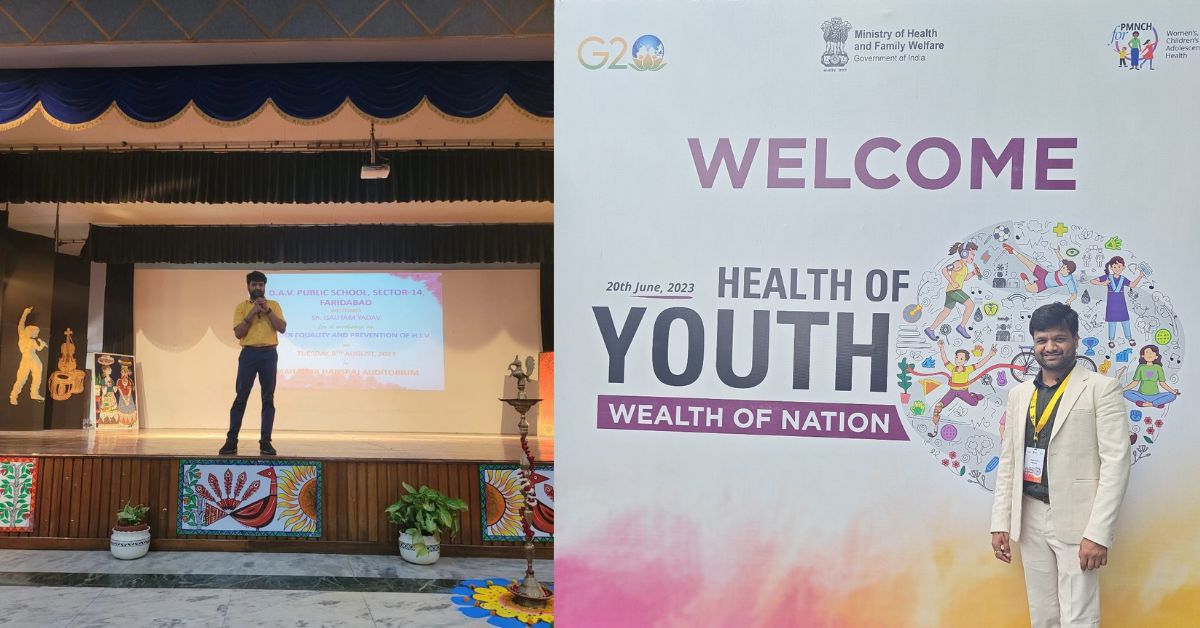
Currently, the 32-year-old is working as a programme officer with Delhi-based non-profit India HIV/AIDS Alliance with PLHIV in the sex worker and transgender community, as well as those who struggle with drug addiction. Under the programme, he helps them overcome stigma and misinformation, as well as assists them in accessing counselling, getting a timely diagnosis, and referring them to government hospitals for treatment. So far, he has individually helped more than 500 people living with HIV get over the stigma and get the correct treatment.
We sat down with Gautam to understand what it has been like for him to live with HIV for so long.
‘People say I should die’
As a teenager, Gautam didn’t know much about different sexual orientations. A conversation with Prince Manvendra Singh Gohil — India’s first openly gay prince — was his introduction to his own sexuality.
“Like any other teenager, I did not know what and why it was happening to me. I felt alone. Back in 2008, we did not have sufficient access to the internet. Through interviews on television, I came to know about homosexuality. I contacted Prince Manvendra, who advised me to connect with Naz Foundation. Through counselling, I understood I am gay,” he says.
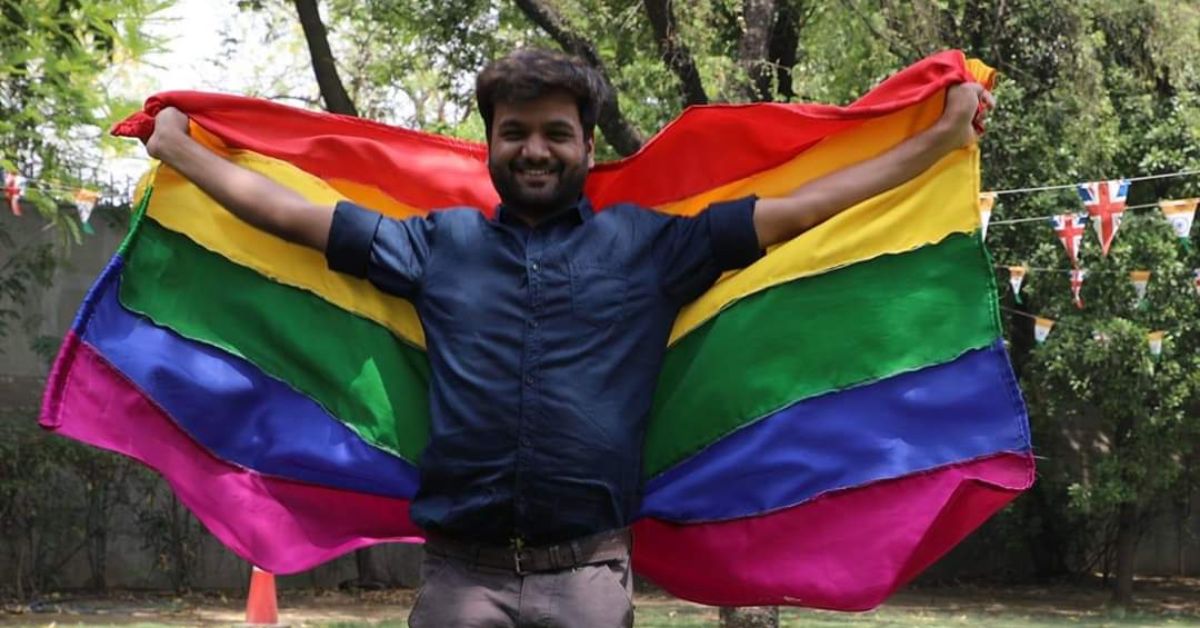
It was during these sessions that the counsellor suggested that Gautam be tested for HIV, owing to the fact that he had multiple sexual partners. And though he had no symptoms, he tested positive in 2009.
“Even today, when people come to know that they are positive, the first thing that comes to their mind is how long they are going to live. I also did not know how long I would survive. Questions like ‘Who will take care of my parents after my death?’ started worrying me.”
He says it took him a year to understand that there was no need to worry. “I was very upset and depressed in that period, but my fear went away when I started meeting people who are HIV-positive. They made me understand there was no need to worry if I took medicines on time. Treatment adherence is important to lead a normal life. Today, I do not even feel that I am positive. It hardly matters,” he says.
But even as he was still accepting the reality, Gautam was not spared from the stigma and discrimination. “I had a very close and trustworthy friend. When I revealed my status to him, he was empathetic. After a week, he organised a dinner party and invited me. But before I reached there, he had informed everyone to be cautious as I was HIV positive. That was heartbreaking for me,” he says.
He also recalls the bullying he faces on social media. “When I use dating applications, people write to me from blank profiles and ask why I’m spreading AIDS, or that I should not be on dating platforms. People like me should ‘die’. These are very triggering,” he adds.
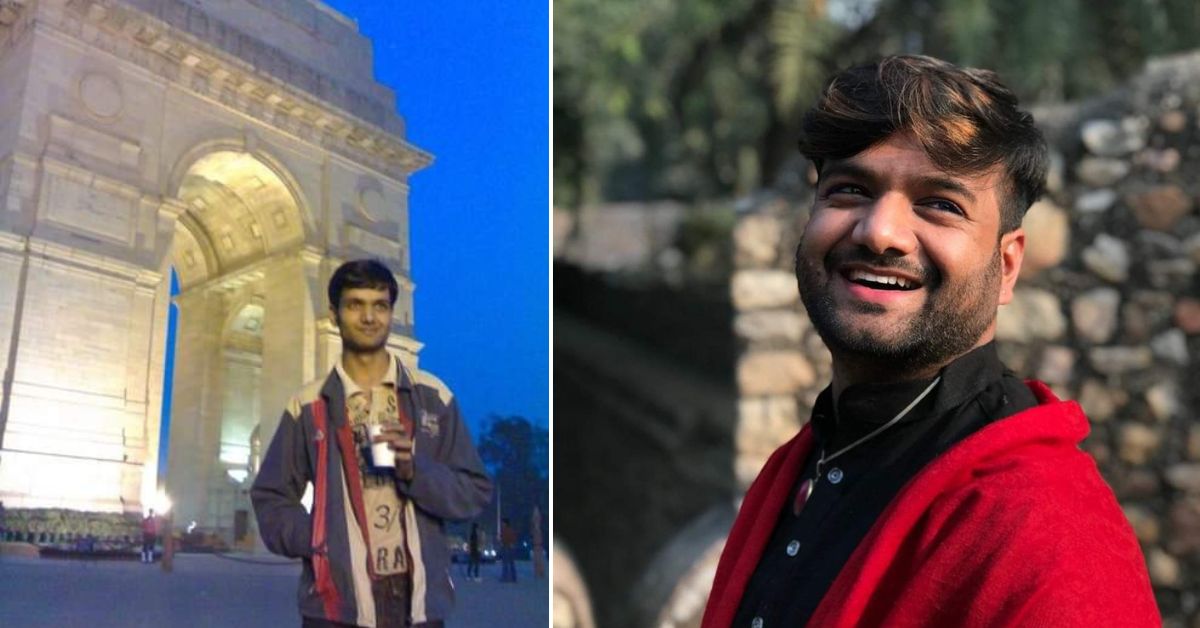
But over the last 15 years, Gautam has not only learned to live with HIV, but also conquered the stigma and fear that comes alongside. “It’s been 15 years since I’ve been living with HIV and working for the community. The work has helped me gain comprehensive knowledge about the disease, and awareness has made my life easier.”
“I know nothing wrong is going to happen. I lead a healthy and normal life. Over these years, nothing has changed. All I have to do is ensure that I take medicines on time,” he says.
‘What people living with HIV should know’
Even after several programmes on prevention and awareness of HIV, Gautam says that the stigma associated with the disease prevails. “People think that they can get HIV by being around people who are positive. Most of the time, even on television, if there is an advertisement on HIV, we immediately switch the channel, we do not bother to know about the disease,” he says.
“Today you may not have anyone in your family or friends with HIV, but you never know about the future. People need to improve their knowledge about HIV and understand it is just a disease for which you need timely medication,” he adds.
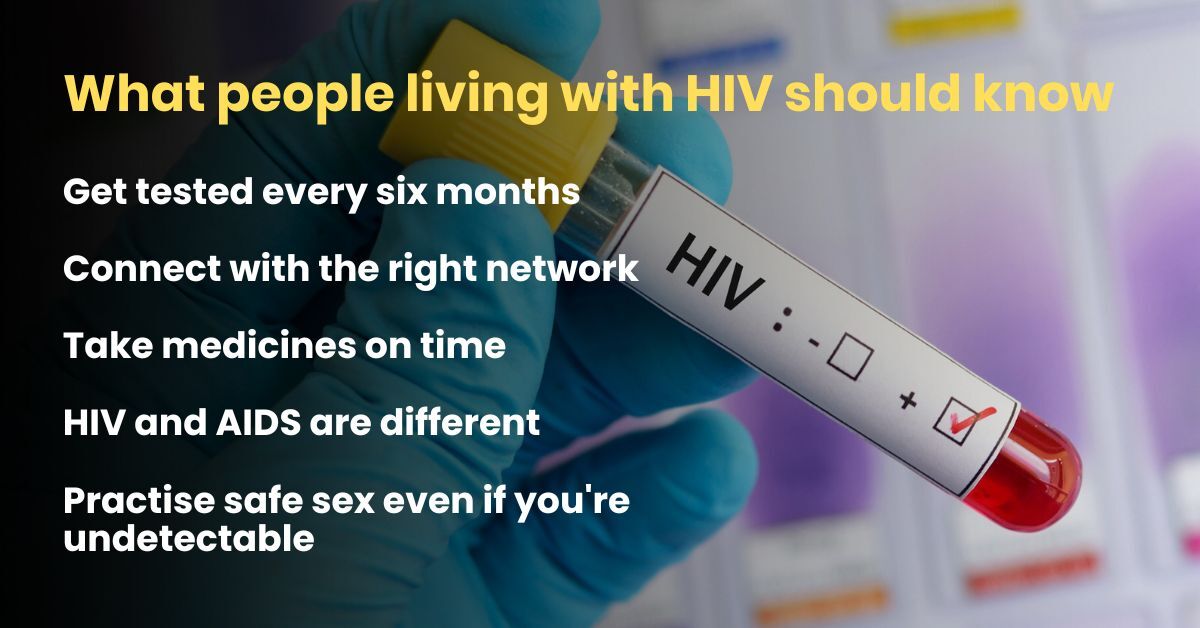
Over the years, Gautam has learned many tools that have helped him lead his life alongside having HIV. He shares some valuable insights and helpful advice for PLHIV based on his own experiences:
Get tested every six months: On when a person should test for HIV, he says, “It takes 5-10 years for symptoms of HIV [fever, chills, fatigue] to appear. If someone is sexually active and has multiple partners, they should get tested every six months. If they test positive, they should not feel that it is the end of life. You must have patience.”
Connect with the right network: After you test positive, reach out to related people and organisations. Gautam advises that you can call the national helpline at 1097 to understand about HIV/AIDS, or visit ICTC (Integrated Counseling & Testing Center) to render information about HIV.
Understand the difference between HIV and AIDS. “HIV is the virus that causes AIDS, which is life-threatening. But it is not necessary that one will end up having AIDS. With proper medication, that condition is avoidable,” he says.
Take medicines on time. “You can eat whatever you want. Be cautious of the timings of the medicine intake. The medicines for HIV are known as life-saving drugs. You need to take them till you are alive. If you stop taking them, it would result in a weakened immune system and AIDS,” he adds.
What to do if viral load is less: According to the World Health Organization (WHO), if the viral load in the blood is 50 copies/ml, it means the virus is at undetectable levels. If viral load is greater than 1,000 copies/ml, it is an indicator of inadequate treatment response.
Gautam says that if a positive person has a viral load of less than 50 copies/ml, the HIV would usually be undetectable. Regardless, they should still practise safe sex. “Although you are undetectable and non-transmissible at this stage, we do not encourage you to have unprotected sexual intercourse. It can lead to sexually transmitted diseases that are more harmful than HIV,” he adds.
Gautam says that people living with HIV should not let the virus decide how they lead their lives. He believes that life is changing in a positive way for him. “I have been able to assist many people, even those who were suicidal. The impact keeps me motivated,” he says. If you found our stories insightful, informative, or even just enjoyable, we invite you to consider making a voluntary payment to support the work we do at The Better India. Your contribution helps us continue producing quality content that educates, inspires, and drives positive change. Choose one of the payment options below for your contribution- By paying for the stories you value, you directly contribute to sustaining our efforts focused on making a difference in the world. Together, let’s ensure that impactful stories continue to be told and shared, enriching lives and communities alike. Thank you for your support. Here are some frequently asked questions you might find helpful to know why you are contributing?

“I have also represented my country in the United Nations as a board member for the Youth Advisory Forum. So far, I have visited more than 25 countries like the US, Switzerland, and Thailand for conferences and I was part of several organisations like Hamsafar Trust and UNESCO. I have been doing this work very selflessly and I would have not been able to give back to the community had I not been positive,” he adds.
Edited by Divya Sethu
Source:
HIV/AIDS Patients in India: Published by Ministry of Health and Family Welfare on 20 September 2020
This story made me
-
97
-
121
-
89
-
167













